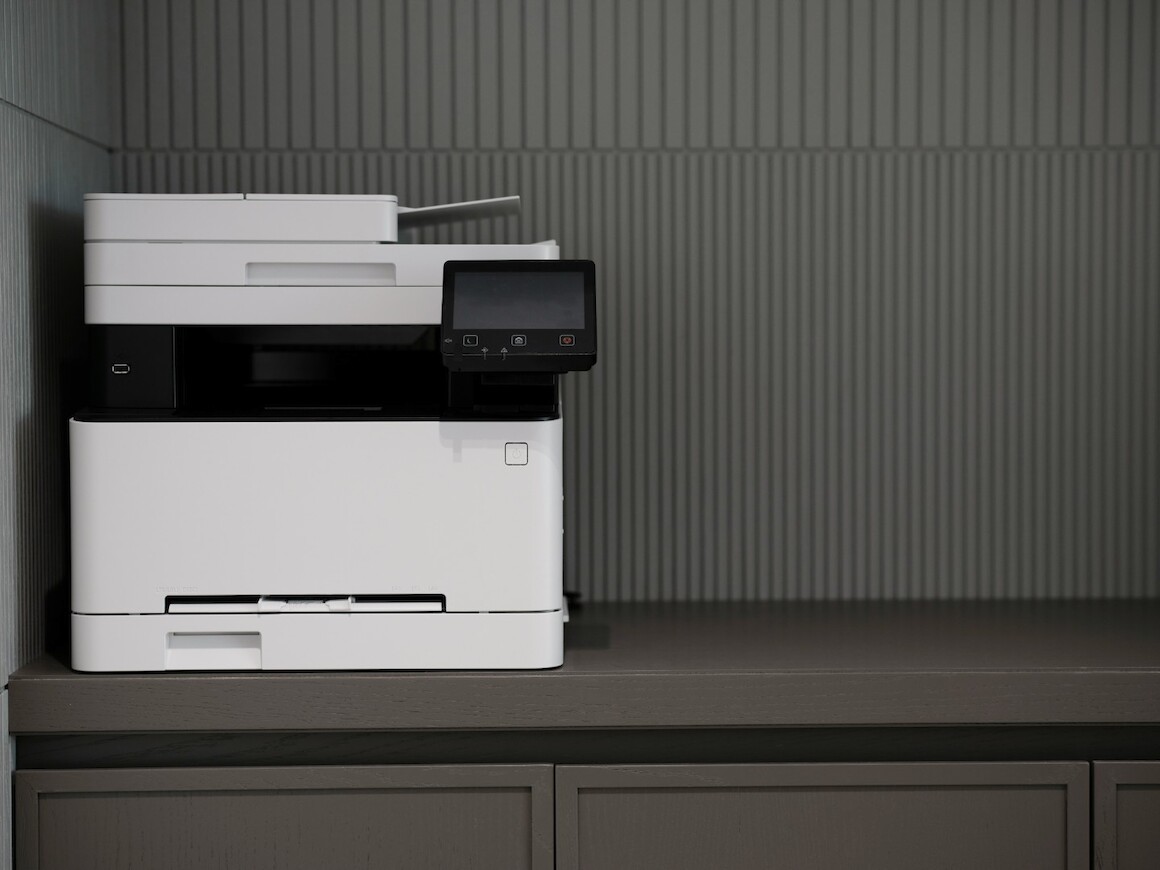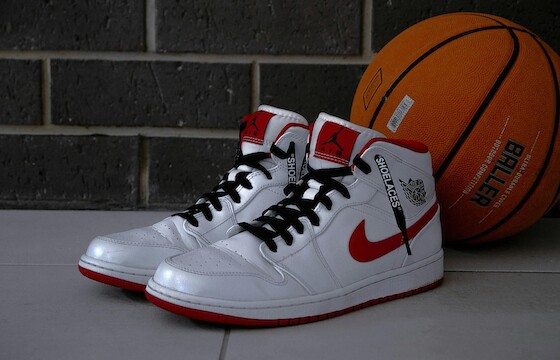The Romanian Competition Council (‘RCC’) sanctioned OKI Europe Limited (‘OKI Europe’) with a fine of 3.35 million RON (672,459 EUR) for export limitations, fixing resale prices and monitoring the implementation of these practices.
The infringement
The RCC announced in March 2022 the launch of an investigation into a possible anticompetitive agreement on the market for the production and sale of peripheral equipment and consumables. The investigated behaviour was carried out by OKI Europe, through its subsidiary OKI Europe Limited Poland (‘OKI Poland’), and its Romanian importer and distributor General Systems SRL (‘General Systems’).
RCC carried out an unannounced inspection at the premises of OKI Poland, with the support of the Polish competition authority.
OKI Europe is a manufacturer of peripheral equipment (printers and multifunctional devices) dedicated mainly to business customers. OKI Poland commercializes OKI branded products in Romania through distributors.
General Systems specializes in the import and distribution of OKI’s peripheral equipment to a network of resellers in Romania, as well as the distribution of other branded peripheral equipment.
Following the investigation, the RCC found that between October 2015 and March 2020 OKI Europe applied different resale prices depending on the country in which its distributor operated. In order to meet this objective, it limited exports of products and fixed resale prices with its distributor General Systems, for printers and multifunctional devices sold domestically.
OKI Europe pursued a maximization of its profits by securing a certain price level.
General Systems was granted immunity from any fine following a leniency application.
Commentary
This case is another confirmation of RCC’s revived interest into vertical restrictions, which reemerged after the entry into force of the new VBER (2022). According to RCC’s annual report of 2023, the authority did not launch any investigation into vertical agreements between 2017 and 2019. However, from 2020 onward, there has been a noticeable shift towards opening procedures in this area.
It is important to note that in Romania, leniency (and consequently immunity from fines) is also available to parties engaged in vertical relationships, provided that all relevant qualification conditions are met.
At the same time, this case offers a useful example of how competition authorities implement the mutual assistance instruments available within the ECN.
In the context of mutual assistance actions carried out within the ECN, the RCC has received support from the Polish, Italian and Dutch competition authorities in recent years. These authorities carried out inspections at the premises of the investigated companies in their respective countries at the RCC’s request, as part of investigations into possible antitrust cartels.
Once the decision is published, we will gain more relevant insights into the sanctioned practice, and how the unannounced inspection and investigation was coordinated at the level of the two national competition authorities.





Sign in to post comments